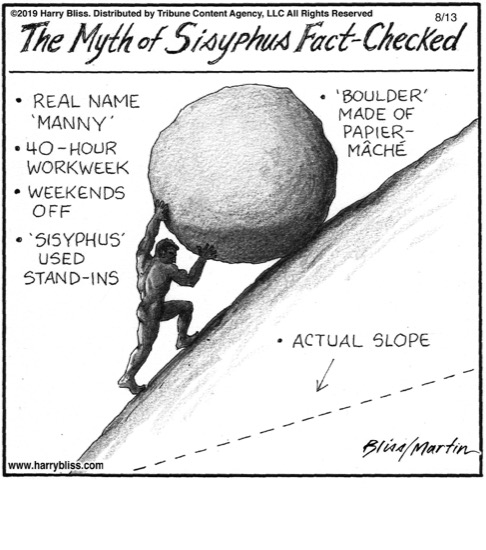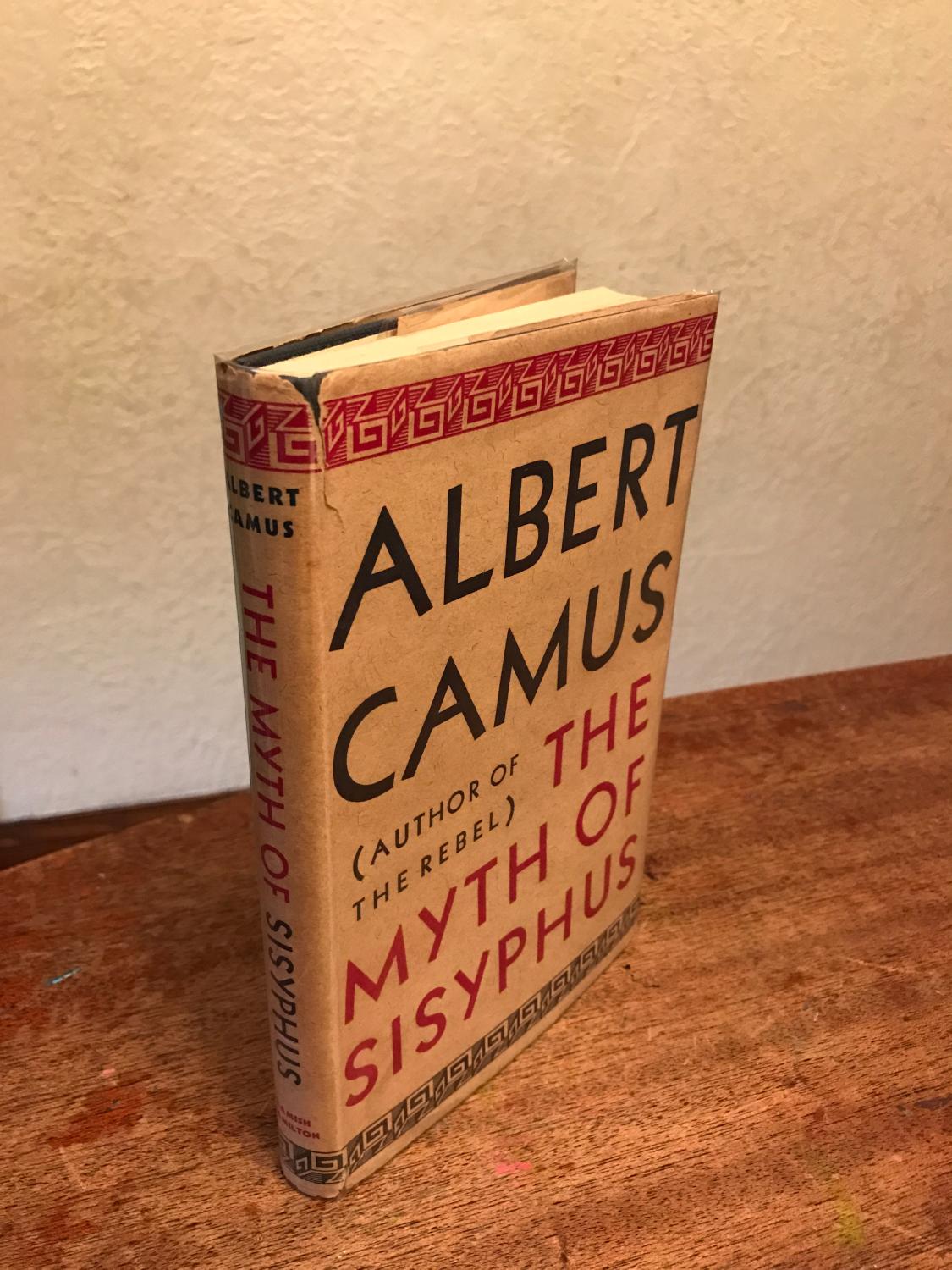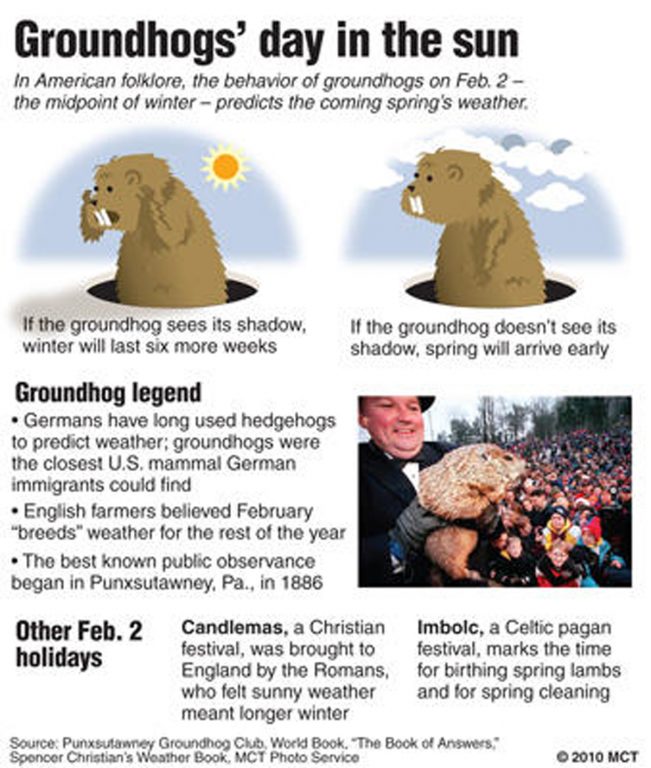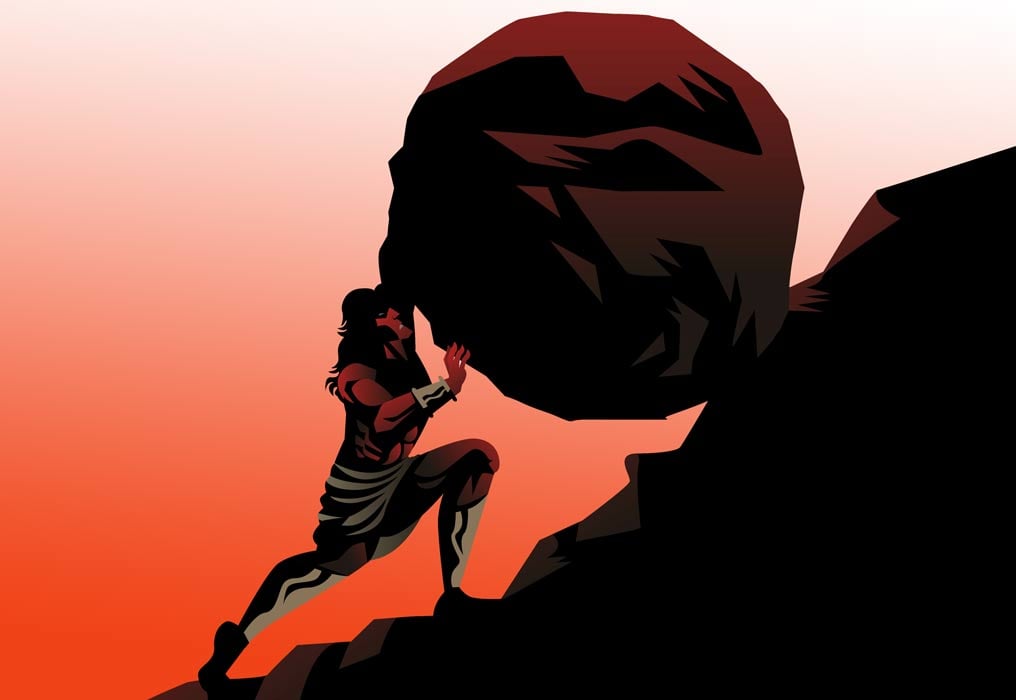Gallery
Photos from events, contest for the best costume, videos from master classes.
 |  |
 |  |
 |  |
 |  |
 |  |
 |  |
Groundhog Day also brings to mind the ancient Greek myth of Sisyphus, in which the eponymous anti-hero defies the gods and is punished by being sentenced to push a huge rock up a steep hill in the certain knowledge that as soon as he has succeeded, the rock will roll back down and he must start the process again. Like Murray’s character Sisyphus’ happiness is grounded in his nature as a rebel. His acceptance is the key to his happiness, sure, but in the context of the myth the acceptance comes through rebellion. Part of Sisyphus’ rebellious nature is also his unflinching love of life. Certainly there’s something like that in GD. There Phil does seem to embrace a love and In Groundhog Day, the classic 1993 comedy about a self-centered weatherman (Bill Camus’ seminal work The Myth of Sisyphus invokes the Greek myth which isn’t all that different from Parallel with the Myth of Sisyphus. The narrative of Groundhog Day also evokes parallels with the ancient Greek myth of Sisyphus, where the eponymous anti-hero defies the gods and endures a relentless punishment. Sisyphus is condemned to laboriously push a colossal rock up a steep hill, aware that upon reaching the summit, the rock will Some compare the repetition of days in Groundhog Day to Friedrich Nietzsche’s conception of eternal recurrence, as well as Albert Camus’ Myth of Sisyphus. I argue that the movie rejects a postmodern or existential view of happiness and life’s meaning. Stick ‘Groundhog Day, Nietzsche’ into Google’s search bar and you’re going to be able to delve into a rabbit hole that’s at least 40,400 web pages where the theory that Groundhog Day is a decent depiction of Friedrich Nietzsche’s idea of Eternal Return is discussed. Groundhog Day draws upon Albert Camus' philosophy of the Absurd and the Myth of Sisyphus. The repeating toil of each day reminds the audience of life's futil It is certainly possible that I have overlooked a reference. However, this Roman hedgehog lore sounds awfully like an educated guess — a myth – to explain the Groundhog Day myth’s origins. Just as European roots make an American tradition feel more, well, traditional, classical roots give it an air of auctoritas. Native American Hedgehogs "The struggle itself [] is enough to fill a man's heart. One must imagine Sisyphus happy." Wrote Camus in the Myth of Sisyphus. It is what The Groundhog Day is about, the Nietzschian concept of eternal recurrence of life. The 2nd February is being lived infinitely by Phil; he cannot do anything to stop it. The film “Groundhog Day” has an existentialism philosophy of absurdity and living authentically, and it also tackles happiness. The film reflects to the story of the Myth of Sisyphus by Albert Camus. Just like Sisyphus, Phil Connors, a TV weatherman played by Bill Murray was viewed as a man who is detached from the society and self-absorbed. Each atom of that stone, each mineral flake of that night filled mountain, in itself forms a world. The struggle itself toward the heights is enough to fill a man’s heart. One must imagine Sisyphus happy.” Eventually, Groundhog Day does (Camus would have loved this film), even though he very well might not be. Phil’s last line is the Thanks to MUBI for their support! Get your 30 day free trial of MUBI here: Springs and Groundhog Day both use the Greek myth Man, I watched this movie all the time when I was a kid. On the eternal recurrence thing – I’d usually heard this expressed as a myth or a maybe a parable, and I’d always regarded it as such, but I’ve also heard some philosophers (Solomon, in his No Excuses course) say that Nietzsche was up on the science of his day and he really may have thought of this as a plausible theory, which Is Groundhog Day the greatest philosophical movie of all time? It examines Nietzsche's eternal recurrence, Camus' Myth of Sisyphus, and the possibility of becoming a Superman and even a god.Did Nietzsche's atheism disguise a pious Lutheran spirit? What is the basis of our love of music? What are the implications of building a machine that gives us everything we want? Is narrative non-fiction a The Couch Thing has thoughts about Bill Murray and Albert Camus and how The Myth of Sisyphus intersects with Groundhog Day this.thiscouchthing.com A short summary of Albert Camus's The Myth of Sisyphus. This free synopsis covers all the crucial plot points of The Myth of Sisyphus. Groundhog Day . Search Movies. ("The Myth of Sisyphus"), or Sartre, or Kafka, or Borges, it won't spoil the fun; it can even enhance it. With Andie MacDowell; directed by Harold Ramis. Both Sisyphus and Phil transition through the act of acceptance — embracing their inescapable dilemma and finding joy in the meaningless absurdity. Groundhog Day is a film with a message — each of us will wake up again and again to the same existence that at times seems pointless. Groundhog Day also brings to mind the ancient Greek myth of Sisyphus, in which the eponymous anti-hero defies the gods and is punished by being sentenced to push a huge rock up a steep hill in the certain knowledge that as soon as he has succeeded, the rock will roll back down and he must start the process again. Like Murray’s character The protagonist in the 1993 film ‘Groundhog Day’ had a similar conflict. Bill Murray, the protogonist in the film, has to relieve the same day every day. Bill is stuck in a time loop and continues to live the same day despite his many unsuccessful attempts. If all of this is some form of formless chaos how do you live it?
Articles and news, personal stories, interviews with experts.
Photos from events, contest for the best costume, videos from master classes.
 |  |
 |  |
 |  |
 |  |
 |  |
 |  |